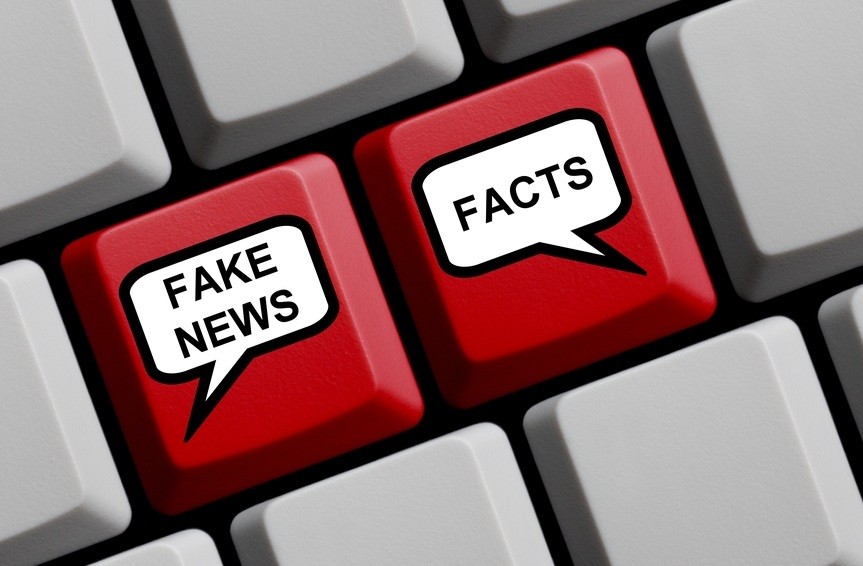av130415@ohio.edu
In today's world social media has taken over our lives making it difficult to decipher what is true and what is false. The term "fake news" has gained traction since President Trump ran in 2016. Politico reported in 2018 that 77 percent of American respondents believe that major television and newspaper outlets report "fake news."
Throughout the past years, social media has only increased in usage. It has also advanced the amount of information available to us, whether it be true or false. Agility PR Solutions states that "fake news" may actually be beneficial to the journalism community. Journalists may feel compelled to continuously fact-check their information to ensure legitimacy. Ethically speaking, reporting the truth and facts is a part of the SPJ Code of Ethics. Along with reporting the truth if there is a mistake in the article, SPJ Code of Ethics encourages the journalist to release a statement that fixes their errors. It is vital that in today's society journalists are triple checking their sources. On the PR side of things, companies should be prepared to take on the impact that fake news may have against a client. "Fake news" does not change the responsibilities associated with a PR company but the room for error is much smaller.
 |
| Photo from https://www.thejakartapost.com/life/2019/01/10/older-people-conservatives-more-likely-to-share-fake-news-study.html |
During an election year it is vital that you are receiving information from legitimate news sources. Amid the 2016 U.S. presidential campaign BuzzFeed reported that "the top-performing fake election news stories on Facebook generated more engagement than the top stories from major news outlets." One article that was posted on Facebook discussed how Hillary Clinton had sold guns to ISIS. With the amount of users Facebook has, this article spread quickly. Not only did it go viral, but it also helped benefit Trump's campaign. When it comes to politics, Republicans and Democrats tend to harass each other in order to advance their campaign and ultimately win. The big question is, did the increase of "fake news" allow President Trump to win the election? With many speculations constantly arising we may never know the truth of this question.
On the other hand, the term "fake news" can be detrimental to those on the opposite end. According to an article by the Columbia Journalism Review, David Wheeler, who lost a child in the tragic Sandy Hook massacre, was on the opposite end of "fake news." In Wheeler's case, there were conspiracy theorists who believed Wheeler faked his child's death as part of a campaign against gun rights. Not only was Wheeler accused of faking his child's death, but fake Twitter accounts for him and his wife were created. In addition, more fake news about "fraudulent" parents spread causing these grieving families to receive death threats.
It is vital that journalists start to change the perception of the news that is being fed to our society. With today's technology, it is extremely easy to instantly communicate information across the globe, whether it is considered fake or factual. As I mentioned earlier, the news can be used to manipulate voters for political gain. This unethical tactic used in campaigns is very common and should be prevented in the future. This would allow for people to receive clear and proper information.
No comments:
Post a Comment